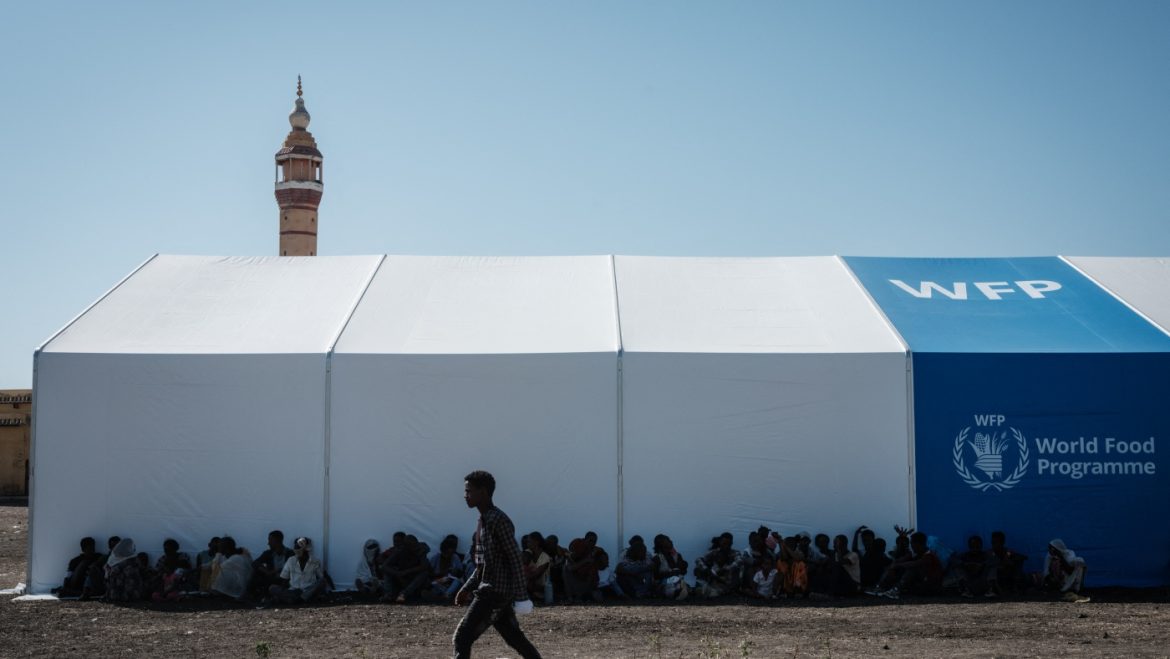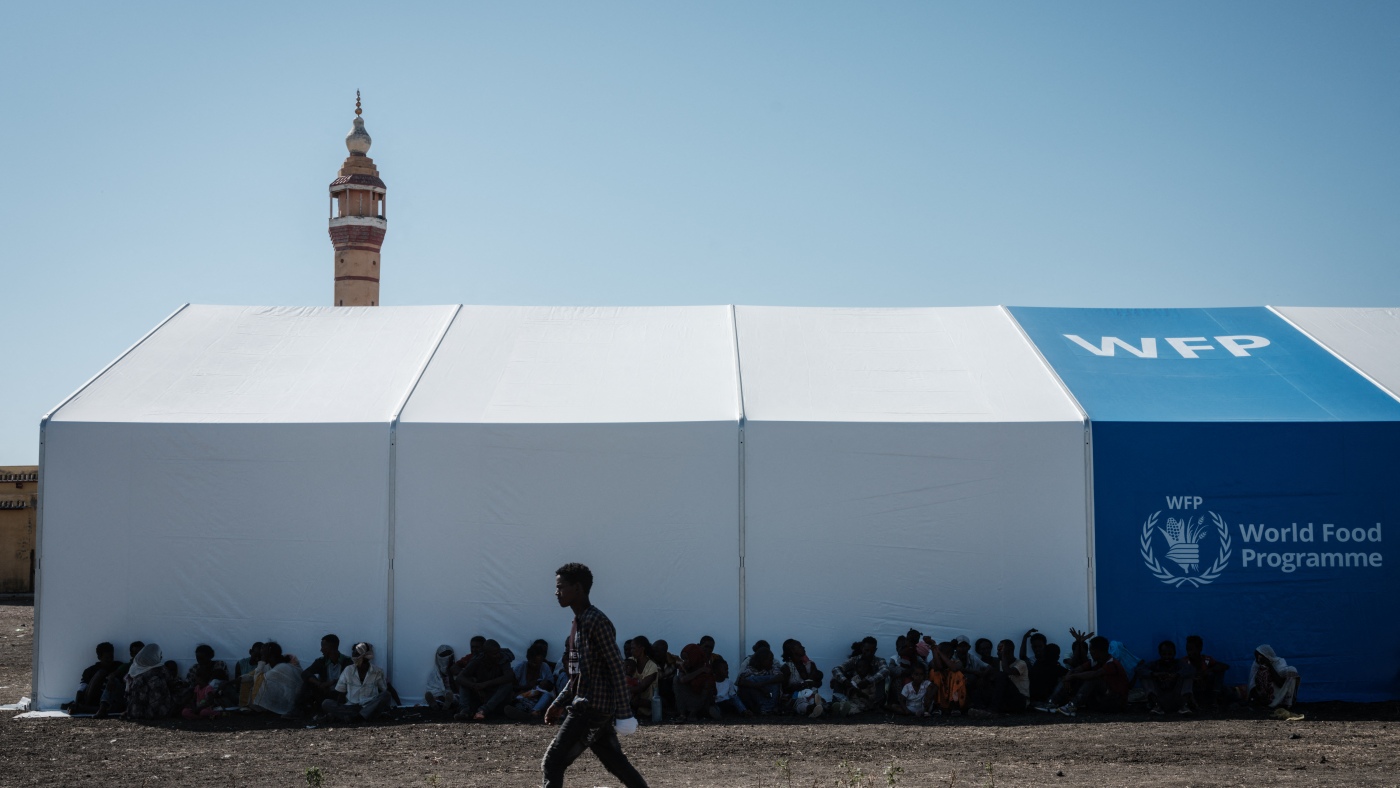The Challenge of Feeding the Hungry: A Critical Analysis of the World Food Programme’s Struggles
The World Food Programme (WFP), the world’s largest humanitarian organization dedicated to combating hunger, is facing unprecedented challenges. As it grapples with severe budget cuts, the task of feeding the hungry has become harder than ever. This report delves into the current state of the WFP, the implications of the funding crisis, and the potential pathways forward.
The Current State of the World Food Programme
The WFP, a U.N. agency and Nobel Peace Prize winner, is at the forefront of the global fight against hunger. Last year, the organization served more than 100 million people worldwide, providing a lifeline to those affected by conflict, disasters, and the impact of climate change. However, the WFP is now confronting unprecedented budget cuts, which experts describe as devastating. The historically largest donor to the WFP, the United States, has frozen foreign aid and slashed humanitarian budgets, leaving the organization scrambling to plug a multi-billion-dollar funding gap.
The Impact of Funding Shortfalls
Funding shortfalls are not a new phenomenon in the humanitarian sector, but the current crisis is particularly alarming. The drastic cuts to the world’s food safety net could have dire consequences. Tens of millions of people are at risk of extreme hunger and starvation. The WFP’s executive director, David Beasley, has warned that without billions of dollars more, the world will see mass migration, destabilized countries, and starving children and adults in the next 12 to 18 months.
The funding crisis has already had tangible impacts. For instance, almost 30,000 metric tons of food aid meant to feed acutely malnourished children and adults in famine-stricken Sudan is in limbo. This is just one example of how the cuts are affecting the most vulnerable populations. The urgency of the hunger crisis has prompted 150 Nobel and World Food Prize laureates to call for “moonshot” technological and agricultural innovations to boost food production.
The Role of the United States
The United States has long been the world’s largest international food aid donor, responsible for more than 50 percent of the billions of tons of food shipped globally since the 1950s. However, the recent freeze on foreign aid and budget cuts have significantly impacted the WFP’s ability to operate. Beasley has praised increased funding from the United States and Germany in the past, but the current situation requires urgent attention from all potential donors, including China, Gulf nations, billionaires, and other countries.
The Path Forward
To address the funding crisis, several steps can be taken. First, increased political will is essential. The hunger crisis is not just a humanitarian issue but also a matter of global security. Protecting children from illness and hunger builds the foundation for resilient, thriving, and peaceful communities. Therefore, governments and international organizations must prioritize funding for the WFP.
Second, technological and agricultural innovations are crucial. The call for “moonshot” innovations is a step in the right direction. Investing in research and development to boost food production can help alleviate hunger in the long term. Additionally, improving food distribution systems and reducing food waste can make a significant difference.
Third, private sector involvement is necessary. Billionaires and corporations have the financial resources to make a substantial impact. They can contribute through direct donations, partnerships with the WFP, or investing in sustainable food production practices.
Conclusion: A Call to Action
The World Food Programme is at a critical juncture. The funding crisis threatens to undermine its mission to feed the hungry and build a pathway to peace, stability, and prosperity. The implications of the cuts are far-reaching, affecting millions of lives and global security. It is imperative that governments, international organizations, and the private sector come together to support the WFP. The world cannot afford to let millions of people go hungry. The time to act is now. Every donation, every innovation, and every policy change can make a difference. Together, we can ensure that no one is left behind in the fight against hunger.


